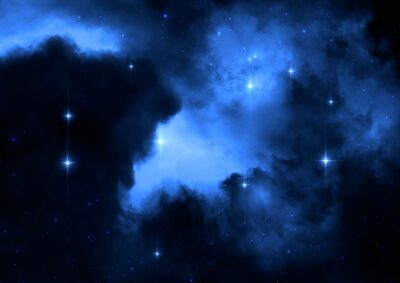On Friday I got to experience something for only the second time in my life, and for the first time I can recall: celebrating a new public holiday for the first time.
That public holiday is Matariki, which marks the beginning of the Māori lunar new year here in Aotearoa New Zealand. It is a holiday that predates British colonization of Aotearoa, marked by the first rising of the Matariki cluster of stars – known elsewhere in the world as Pleiades or “The Seven Sisters.”
Fun fact: In Japan, it is called “Subaru”!
Ironically, if we were still living in America, we would’ve had this experience a year earlier, with the introduction of Juneteenth in 2021 just a week prior to the earliest of Matariki dates (which shift each year, since they are based on the lunar calendar).
When we first arrived in New Zealand, it was to a commonwealth country who celebrated the Queen’s Birthday as well as the traditional Guy Fawkes Night with a major late-spring fireworks display.
While it was fun to get to witness that spectacle for the first time from atop a windy cliff face near our old home (now populated with a new cookie cutter houses), even as new immigrants we sensed that celebrating a thwarted assassination of a British king was an odd fit for the one “4th of July” style holiday celebration of the year.
Luckily, we got to learn about Matariki the next year through the then-4YO’s kindergarten. This is something that I’ve found to be common to many immigrant experiences here in Wellington. Kindergartens – or “little schools,” as they’re often called here – often rely on a foundation of cultural education that trickles up to parents who might not learn it. That’s especially true if the parents are pakeha (i.e., white European), who are busying themselves with integrating into a society of other older pakeha who grew up in a time where educated rooted in Māori tradition was eschewed.
Little School is how we learned about Matariki, how we came to understand that saying karakia or singing waiata were not prayers to a specific god in the sense I understood (and reviled) from America’s separation of church and state, about the traditional cloak of Korowai, and about how sitting on tables is tapu.
All of those elements came together for the kid’s first Matariki celebration at Little School, which included all of those elements in a special evening session. While other kids volunteered their favorite traditional waiata, our 4YO insisted E and I join her in a trio rendition of “On the Run” from Steven Universe.
Oh, this kid.
Yet, as weird as her request was, it was celebrated by the entire class, who were happy to hear her sing a song with her family that mattered to her.
That indelible memory of the celebration and inclusion of Matariki stuck in our minds, which is why it stuck out when Jacinda Ardern’s Labor party added making Matariki an official public holiday to their platform for the 2020 national election – which they won with a clear majority.
Of course, Americans living in America got to have this same experience last year, with Juneteenth! Americans around my age and younger tend to assume that holidays always have been and always will be because we don’t recall how they’re just days that the Federal government decided to turn into observances.
That explains some of the surprise around Juneteenth becoming an officially-recognized holiday last year – the first new one in America since Martin Luther King day in 1983. But Memorial Day was only fixed to a specific day in 1971, and even Thanksgiving wasn’t pinned to a standard 4th Thursday of November until 1942!
I’m thankful that we have been in New Zealand to experience the birth of this new holiday together as a family. I’m also thankful to be alive to witness New Zealand adopting an indigenous holiday at the same time American codifies a holiday celebrating emancipation and African-American culture.
I especially love that one of the themes of Matariki “celebrate the present.” 2022 was the perfect year for me to celebrate that for the first time, as more than ever before I am focused each day on what I am doing to be a better person in the world creating moments worth remembering.
